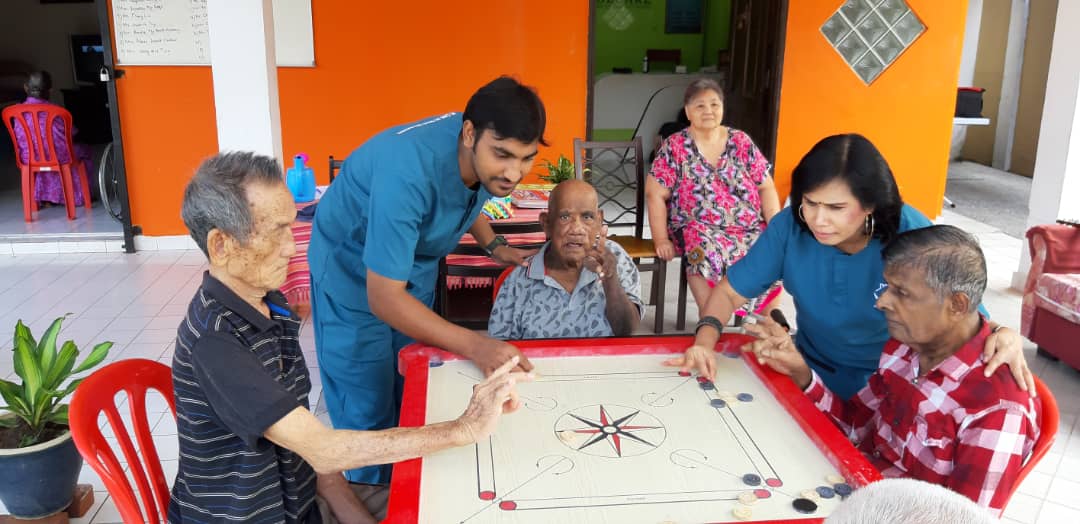KUALA LUMPUR, Nov 17 — Aged care advocates have called for quality government nursing homes for the elderly in Malaysia, as private centres may be unaffordable for the low-income and middle class, while many others are unregistered.
Malaysian Healthy Ageing Society (MHAS) president and cardiologist Dr Wong Teck Wee said education is the fundamental measure for a healthy and sustainable aged care ecosystem in Malaysia, even as the country is projected to hit ageing society status this year.
“Healthy ageing is a holistic approach in one’s life from young to old, encompassing physical, mental, spiritual and social aspects to maintain a good quality of life,” Dr Wong told CodeBlue in an interview.
“It all begins with education.”
Dr Wong explained that health, financial security, social interaction and time for self as the four key domains of quality life. He also insisted that these factors are the ultimate needs of elderly people in an aging society.
“When we talk about the quality of life, ask them what things make them happy? The answer is health. Health here includes mental health and physical health.
“Second will be money. They need money to live a quality life. Next is social interaction. Older people who suffer from loneliness are at high risk of contracting the disease and easier mortality than smoking and diabetes. Finally, time. All of us need time for ourselves.”
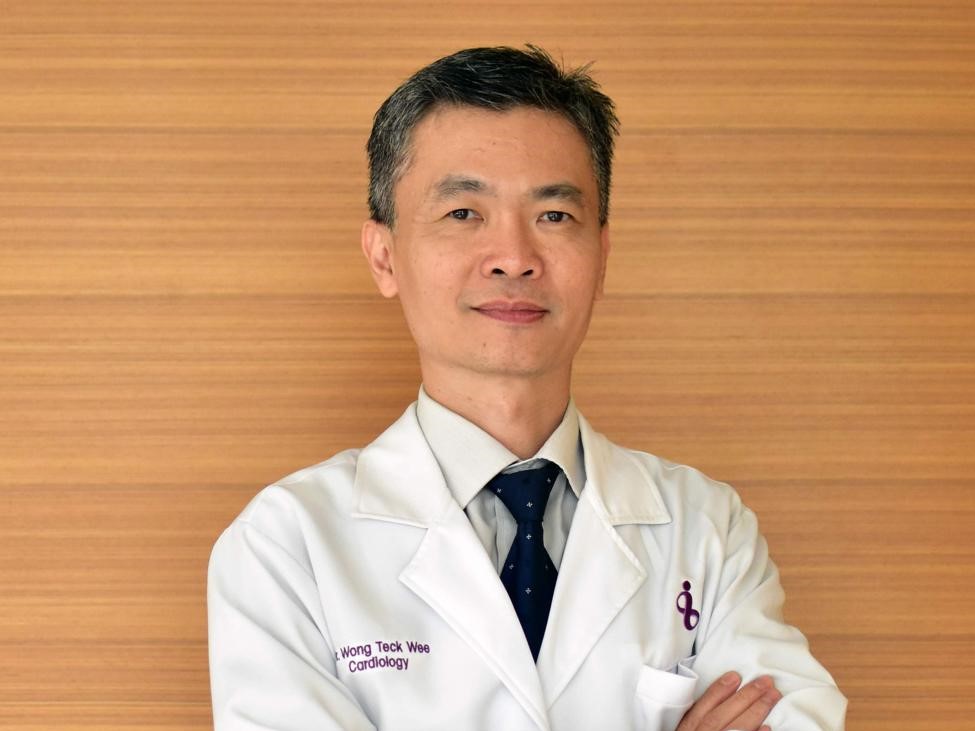
He also shed light on the fact that the population that belongs to the bottom 40 per cent (B40) and middle 40 per cent (M40) earning group can’t afford to go to quality nursing homes.
iMoney stated that a semi-independent elderly person, who requires minimal assistance from others and hires a domestic worker, spends approximately RM3,100 per month.
However, elderly people who need specialised care may opt to stay at nursing homes or care centres. Studies by ManagedCare revealed that nursing homes and care centres with basic facilities in Kuala Lumpur and Selangor cost from RM1,200 to RM3,500 per month. The price will hike as the needs of elderly people increase.
“Malaysians’ financial literacy is not at a satisfactory level. So, this should be taught in schools,” Dr Wong mentioned.
A research study conducted by University Putra Malaysia stated that the country had 2,248,600 people aged 60 and above, with a projection of an increase to 3.3 million in 2020. That is approximately 11 per cent of the total population.
The World Health Organization (WHO) classifies a nation with a proportion of 7 per cent or higher of people aged 65 years and older as an “ageing society”. According to the Malaysian government’s Economic Outlook 2019 report, the number of people aged 65 and above in Malaysia is projected to increase to 2.4 million people in Malaysia by this year, or 7 per cent of the total population.
MHAS estimated that the Malaysian population aged 65 and above would reach 14.5 percent of the total population by 2040, marking the country’s status as an aged nation then.
“The intervention to protect the elderly should include preventive public health measures such as promoting healthy lifestyle,” Dr Wong said.
Daycare Centres For Elderly People
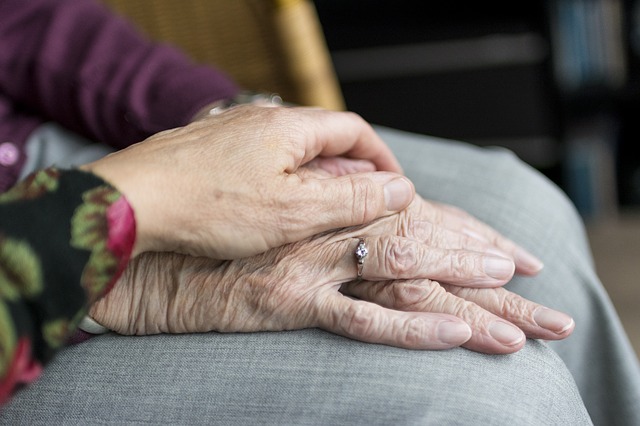
MHAS adviser Professor Nathan Vytialingam highlighted the need for quality nursing care homes as well as daycare centres.
“Well, you can’t run from the fact that there is a need for nursing homes for the elders in the country. But care is not just having a bed and asking them to lie down in the bed,” Professor Nathan told CodeBlue.
He also emphasised the importance of having trained and professional caregivers to provide adequate need-based care to elderly people in the nursing home.
“Some of this older generation will need specialised care. For example, people with dementia and Alzheimer’s. The training of the carers to address these needs will totally be in a different context,” he added.
He also called on the government to build more community daycare centres for elderly people. According to Professor Nathan, these daycare centres will allow working adults to protect the safety and wellbeing of their elderly parents.
“Daycare centres should be activities-based to keep them engaged. There must be a structured programme.”
Nathan Vytialingam, adviser of the Malaysian Healthy Ageing Society
“Cognitive rehabilitation is important. Advantages of the daycare centres are — it prevents isolation and increases social interaction among the people of the same age group. That is something they look for.”
He highlighted that the daycare centres pave way for socialisation among elders, which is essential to prevent them from being affected by depression.
“It allows communication, and most importantly is maintenance therapy. Therapy is being maintained for these people like regular exercises,” said Professor Nathan.
Nevertheless, he also mentioned that the scarcity of geriatricians and other professionally trained people in the aged care industry has turned out to be a major weakness in the aged care system in Malaysia.
A geriatrician is an expert in handling the health and care of old people. A study shows that Malaysia has only 39 geriatricians in public and private health facilities. Shockingly, states like Terengganu, Kelantan and Perlis do not have even one geriatrician.
Is The Environment Really Safe For Elderly People?
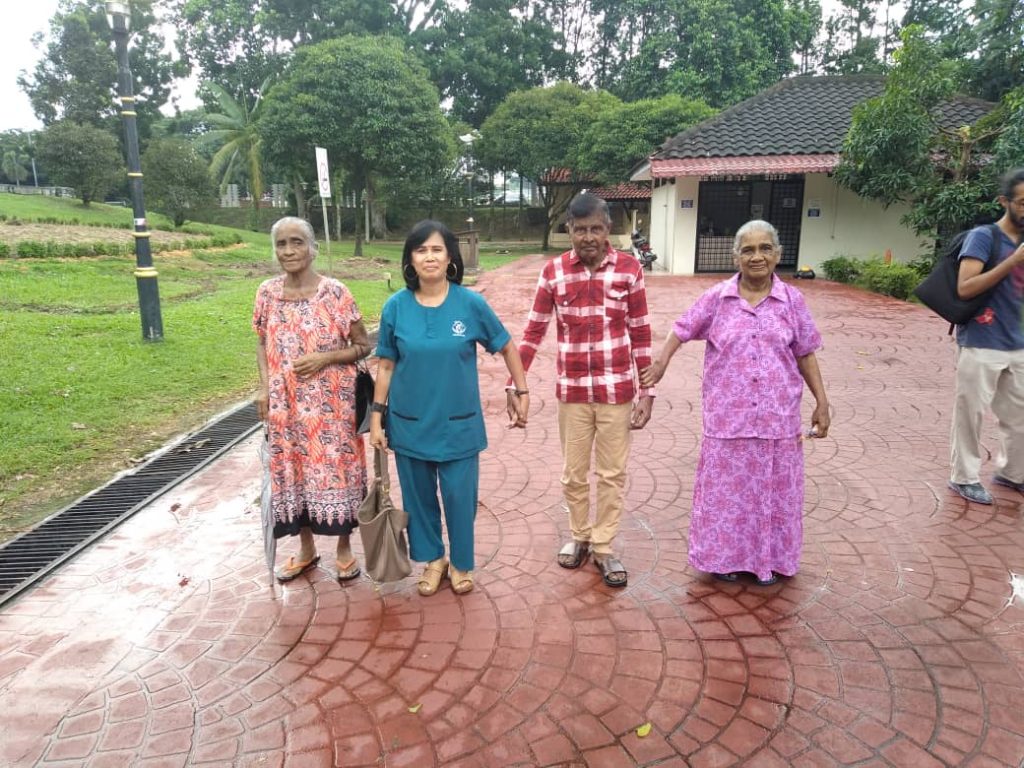
Jaya Ravendran, founder and administrator of Agecare Sdn Bhd, a geriatric health care service provider, stated that elderly people in normal households are not having enough care or are in the hands of untrained caregivers.
“Generally, those families who have elderly people, they have a housemaid to look after the old people. They are not trained nurses or caregivers. The housemaid without appropriate knowledge to provide specific care to the elderly people is also administering their medication,” Jaya told CodeBlue in an exclusive interview.
Jaya also highlighted largely unreported elderly abuse cases in the country.
Research conducted by Macrothink Institute in 2013 shows that currently, elderly abuse cases in Malaysia are subjected to the Domestic Violence Act (DVA). However, the research stated that DVA is not suitable for elderly people and pointed out the necessity to make amendments to the provisions of the Act by clearly defining elderly abuse and elderly rights.
“Actually, I have come across a few cases where the eldery people are locked up at home when the children go to work. We can see the elderly people stay at home only for months or even years,” said Jaya.
She stressed that specialised care services in the country should be empowered and increased, as the country is accommodating close to 10 per cent of aged people.
“Next, the infrastructure at home, apartments generally are not age-friendly which do not provide a safe environment to the old people. In Malaysia, the structure of buildings is not appropriate for elder persons such as lack of ramps and unsuitable lifts services without a handlebar,” she added.
WHO states that normally, age-friendly buildings have features like elevators, escalators, ramps, wide doorways and passages, suitable stairs (not too high or steep) with railings, non-slip flooring, rest areas with comfortable seating, adequate signage and public toilets with handicap access.
Fate Of Frails
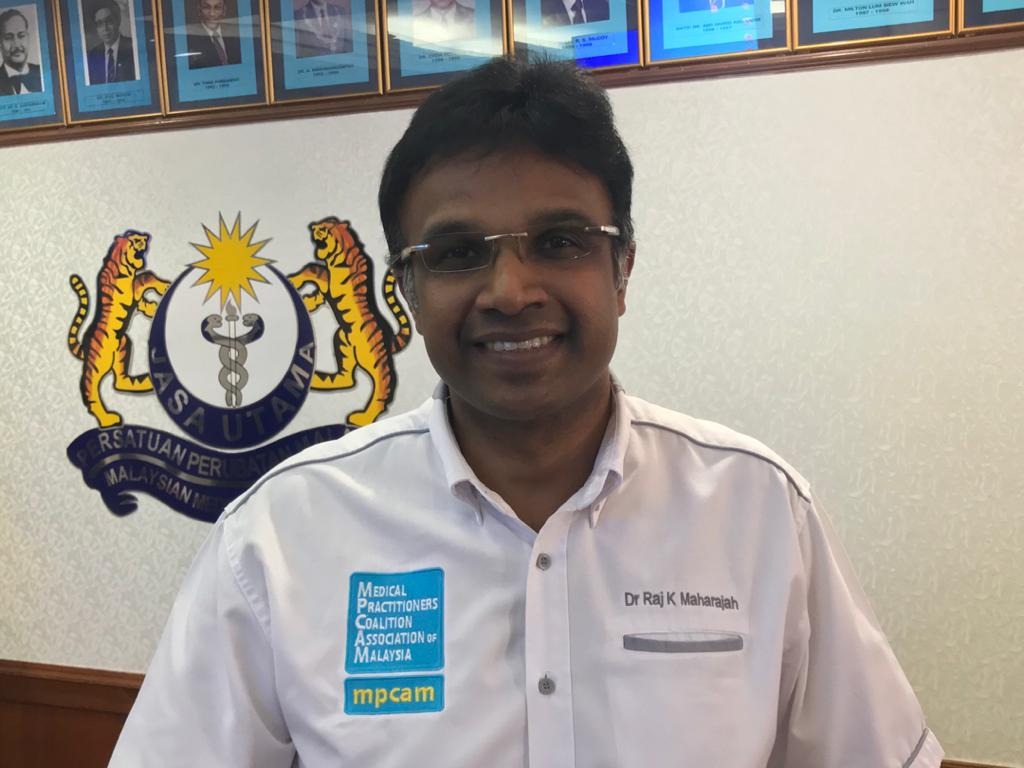
Dr Raj Kumar Maharajah, president of Medical Practitioners Coalition Association of Malaysia (MPCAM), highlighted the plight of elderly people in unregistered nursing homes in Malaysia.
“I would say only a handful of aged care facilities are run well. Some of these well-run homes are run by trained medical personnel, others by untrained personnel. Most are not run by trained workers, some [hire] even illegal foreign workers who have no idea what they are doing with no one to monitor them.
“Turnover of these workers is high, hence no continuity of care. No regular blood pressure of sugar checks. No nutritious food, no activities. Wound dressings were done by untrained workers observing no hygiene,” Dr Raj Kumar told CodeBlue in an interview.
It is to be noted that the provisions of the Private Aged Healthcare Facilities and Services Act 2018 gives a comprehensive regulatory environment for elderly care in the country. This Act aims to make sure that all private health care centres and services should be licensed and regulated.
However, according to Dr Tan Maw Pin, a geriatrician, Malaysia has 90 government aged care facilities, 350 registered, and more than 1,000 unregistered care centres for the elderly, as stated in Free Malaysia Today.
“First of all, aged care facilities are placed under the Welfare Department. The Welfare Department, in most areas, has no idea what is needed in the facility to see to the comfort and safety of the aged,” Dr Tan told CodeBlue.
“No one monitors if care is really given to the aged in these centres and if the workers are really trained to care for the aged, if medicines are given regularly. Is the food nutritious? How many carers per inhabitant is another concern. There is no monitoring whatsoever from anyone.”


